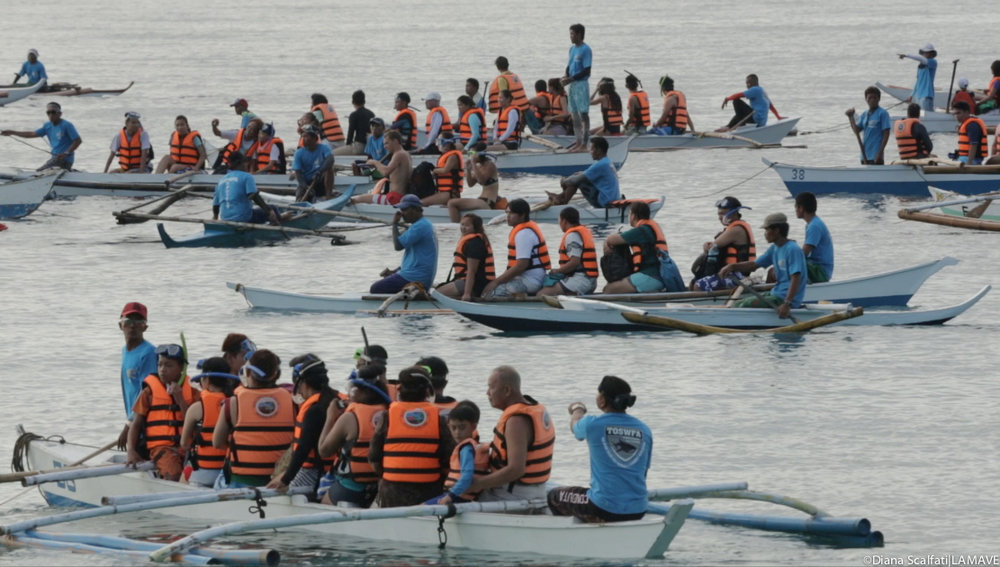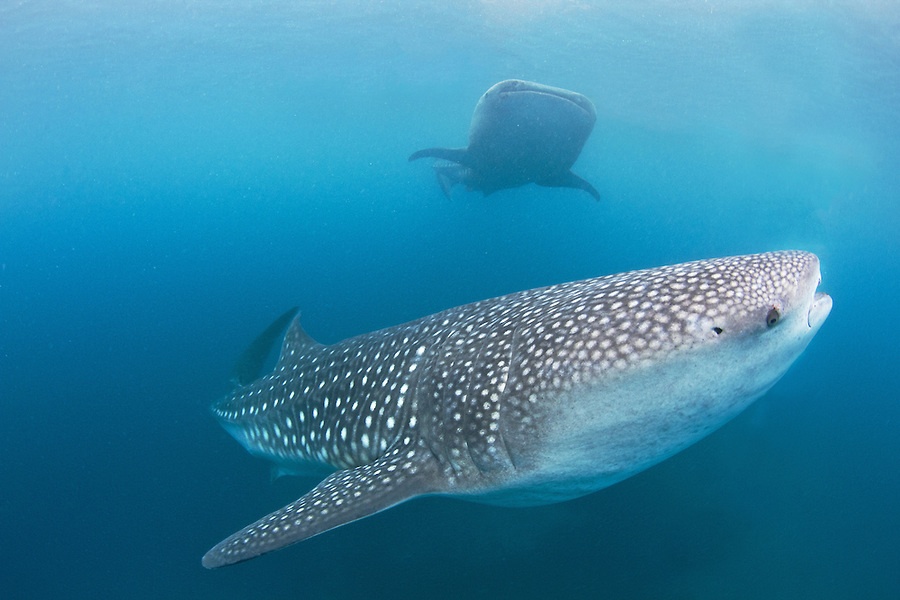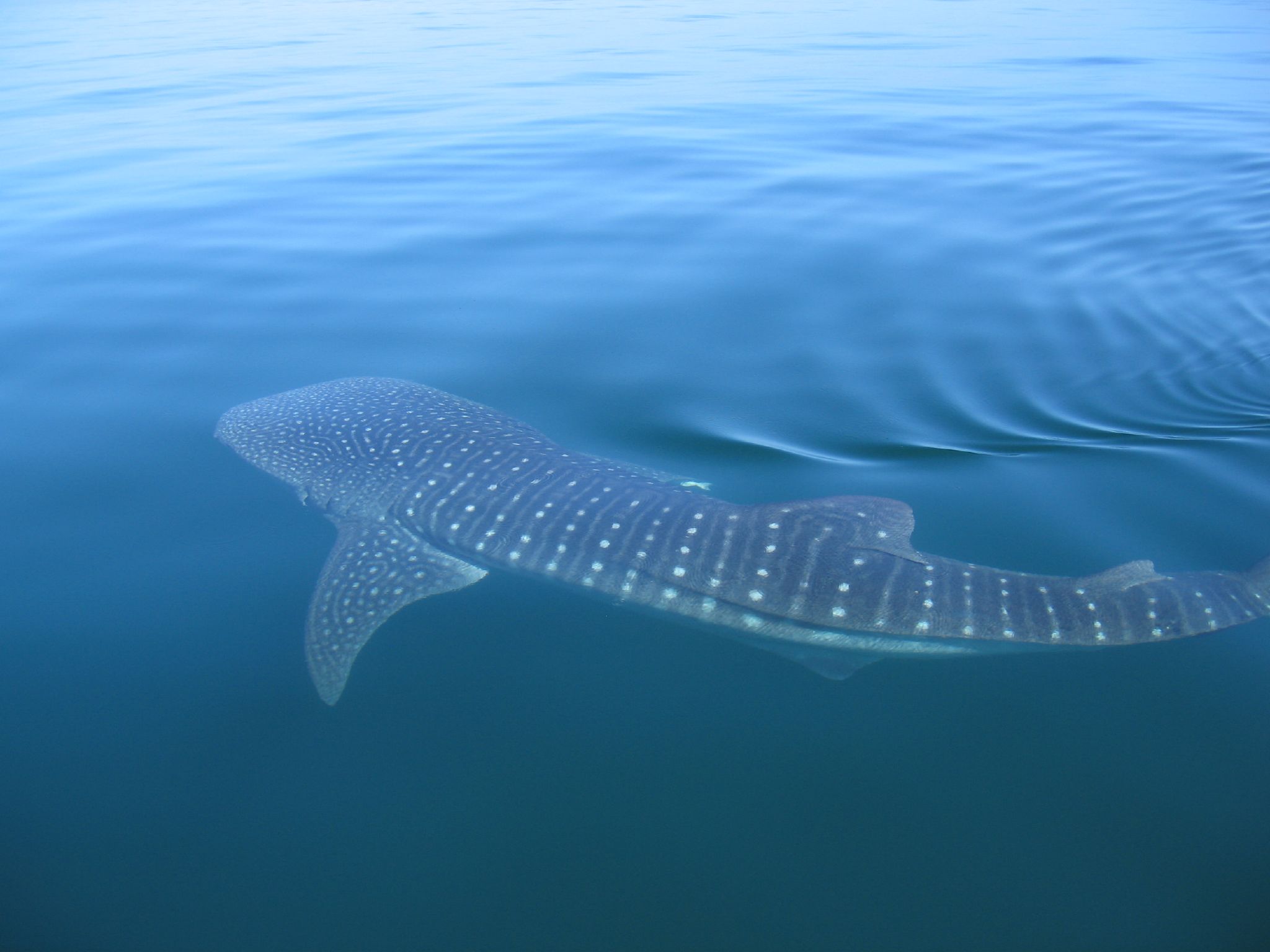OSLOB (PHILIPPINES)- Over 250,000 tourists a year come to Oslob, Cebu, in the Philippines to experience swimming with the world’s largest sharks: whale sharks. Despite the moral and ethical issues of hand-feeding these endangered sharks for tourist purposes, tourists keep coming to Oslob.
That is the conclusion of a new scientific study published in the journal Tourism Management.
Wildlife Tourism
Initially established in 2011, whale shark tourism in Oslob has quickly grown into one of the most visited wildlife tourism sites in the world, attracting over 250,000 tourists a year. At other seasonal whale shark destinations in the Philippines (e.g. Donsol, Pintuyan, Puerto Princesa) and around the world (e.g. Mexico, Australia), tourism is based around the natural presence of whale sharks.
In Oslob, whale sharks are fed—also called provisioning—to attract the world’s largest sharks to shallow waters and facilitate year-round interaction with local and foreign tourists.

Guilty pleasure
From over 1,500 tourist surveys and TripAdvisor comments, researchers found that tourists generally supported feeding whale sharks, despite being aware of the ethical complications of feeding sharks for tourism purposes. Tourists justified their participation using mainly economic, human enjoyment, and animal welfare arguments.
Two-thirds of TripAdvisor comments that mentioned ethical issues were classified as “Guilty Pleasure”, whereby the tourists were aware of the moral and ethical issues of feeding an endangered species for tourism purposes, but still chose to do the tour and recommended it to others.
The practice is controversial, as the long-term impacts of feeding whale sharks remain unclear—both to the sharks themselves and to local people who benefit economically and socially from tourism activities. These impacts continue to be investigated in collaboration with local stakeholders and national authorities.

Source: Press release of Large Marine Vertebrates Research Institute Philippines (LAMAVE), Sally Snow.

